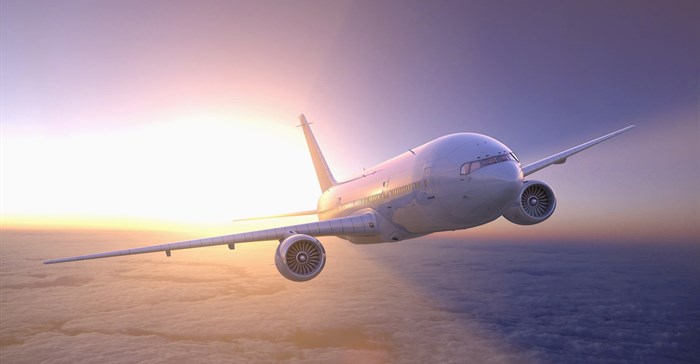During his address at the 55th AFRAA Annual General Meeting (AGM) in Entebbe, Uganda, Kamil Alawadhi, regional vice-president for Africa and the Middle East at the International Air Transport Association (Iata), expressed enthusiasm for the collaboration between Iata and AFRAA spanning 55 years. He highlighted their joint efforts in supporting the development of air connectivity in Africa through both prosperous and challenging times.
Alawadhi began by acknowledging the enduring partnership, stating: "For 55 years, Iata and AFRAA have been partners in supporting the development of air connectivity in Africa. We have found great strength in partnership through far too many crises."
Promoting regional connectivity and addressing blocked funds
Alawadhi outlined the association's commitment to promoting regional air connectivity, emphasising collaboration with governments to implement the Single African Air Transport Market (SAATM). He noted: "We are working to see the 23 countries committed to SAATM ratify the accord and encourage more countries to join."
Addressing the issue of blocked funds, Alawadhi highlighted efforts since 2018 to advise governments on best practices, resulting in the repatriation of funds from several African countries. He stressed: "Currently, $1.68bn in airline funds remain blocked across the continent."
Focusing on operational safety and taxation challenges
Alawadhi then shifted focus to operational safety, introducing the Collaborative Aviation Safety Improvement Programme (CASIP). He emphasised the significance of data-driven safety initiatives and urged airlines to contribute to the Global Aviation Data Management (GADM) programme for a comprehensive safety database.
On the topic of taxes and charges, Alawadhi advocated for reasonable levels by highlighting the high infrastructure charges in Africa. He stated: "User charges across the continent are 8% higher than the industry average," and credited the pan-Africa fuel campaign for successful reductions in charges in certain countries over the past five years.
Supporting net zero emissions and sustainable practices
Alawadhi delved into the industry's commitment to achieving net-zero emissions by 2050. He called for collective action with governments to expand the supply of Sustainable Aviation Fuels (SAF) and create policies supporting cleaner energies. Alawadhi also stressed the importance of supporting airlines with the necessary skillset and knowledge on SAF.
Reflecting on AFRAA's recent inclusion in Iata’s Focus Africa initiative, Alawadhi expressed: "AFRAA is absolutely instrumental and strengthens the Focus Africa coalition." He outlined the common vision of developing a safe, secure, and sustainable aviation industry in Africa.
Safety, flight operations, and the call for participation
Alawadhi discussed safety and flight operations, highlighting the importance of CASIP and the GADM programme He passionately called for increased participation by African carriers in Iata's safety and flight operations regional groups, stating, "We need more carriers from the African continent to play a stronger role in driving an agenda that suits you."
Blocked funds, high costs, and sustainability challenges
Addressing the issue of blocked funds, Alawadhi emphasised the severe impact on connectivity and economies, urging governments to prioritise aviation and find sustainable solutions.
He also cautioned against imposing higher fees, levies, or taxes on air transport, trade, or tourism, citing potential negative impacts on demand and economic development.
Sustainability and net zero emissions
Alawadhi highlighted the importance of aligning outcomes with industry positions at ICAO’s Third Conference on Aviation Alternative Fuels (CAAF3). He emphasised the role of Sustainable Aviation Fuels (SAF) in reducing emissions and called for a global framework to avoid market distortion.
He also expressed pride in the longstanding collaboration with AFRAA and voiced confidence that their joint efforts through Focus Africa would lead to a safer, more efficient, secure, and better-connected continent. He concluded by urging proactive collaboration to elevate Africa’s aviation industry to new heights.
In his closing remarks, Alawadhi said: "I am proud of the longstanding relationship and collaboration with AFRAA, and I am certain our work together through Focus Africa will lead to a safer, more efficient, secure, and better-connected continent. Let’s proactively work together and take Africa’s aviation industry to the next level, to reflect the potential of the African market."


















